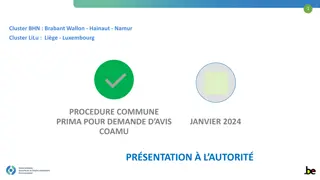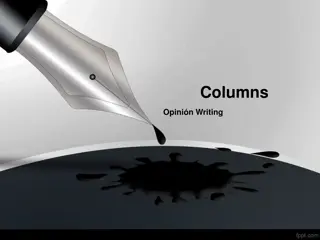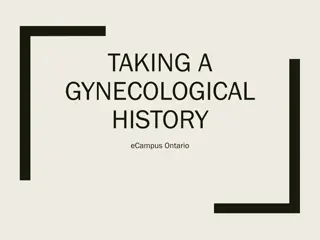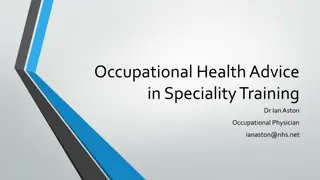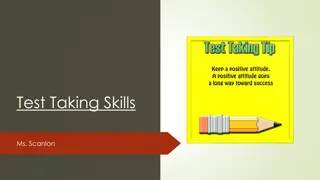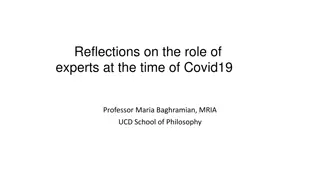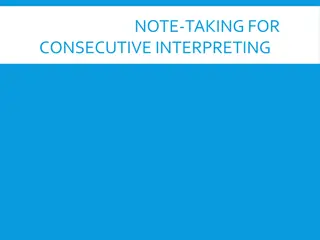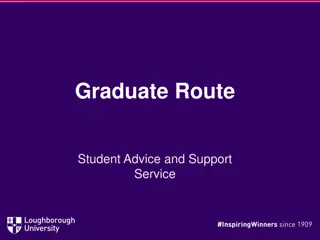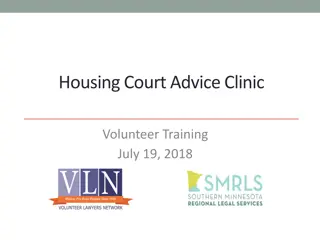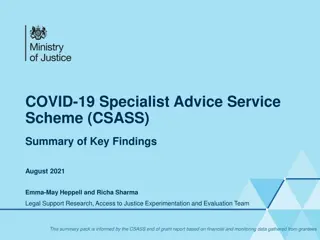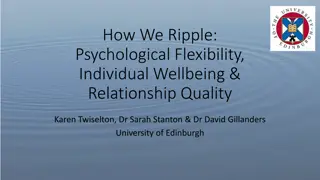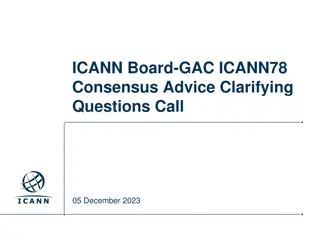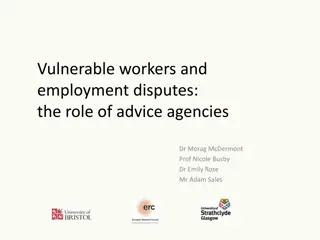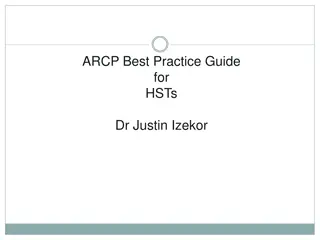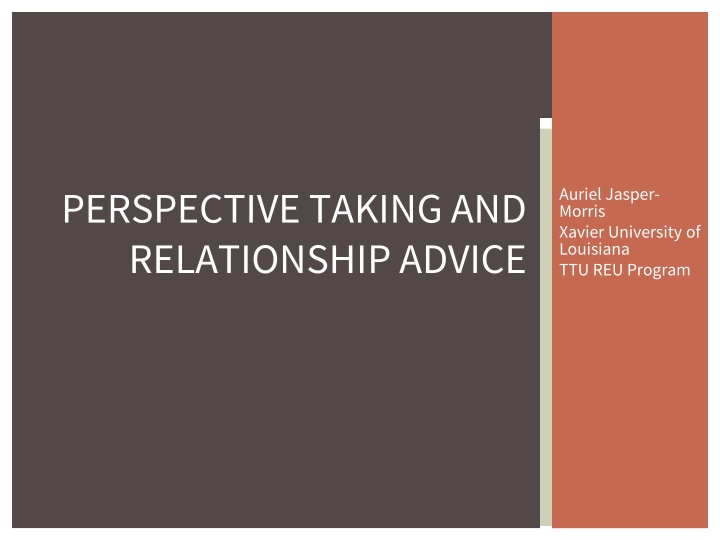
Relationship Advice Research: Motivational Perspectives and Abusive Situations
Explore a study on how different motivational perspectives influence offering advice in potentially abusive relationships. Discover the impact of ecosystem motivations, the presence of a child, alcohol consumption, and the gender of the perpetrator on readiness to provide guidance to leave abusive situations.
Download Presentation

Please find below an Image/Link to download the presentation.
The content on the website is provided AS IS for your information and personal use only. It may not be sold, licensed, or shared on other websites without obtaining consent from the author. If you encounter any issues during the download, it is possible that the publisher has removed the file from their server.
You are allowed to download the files provided on this website for personal or commercial use, subject to the condition that they are used lawfully. All files are the property of their respective owners.
The content on the website is provided AS IS for your information and personal use only. It may not be sold, licensed, or shared on other websites without obtaining consent from the author.
E N D
Presentation Transcript
PERSPECTIVE TAKING AND RELATIONSHIP ADVICE Auriel Jasper- Morris Xavier University of Louisiana TTU REU Program
PURPOSE The objective of the current research is to test whether an outsider's advice to leave a potentially abusive relationship is different depending on their motivational perspective. We also wanted to examine which aspects of a potentially abusive relationship might alter advice that is given under various motivational perspectives.
BACKGROUND Egosystem and ecosystem motivational orientations point to self-image and compassionate goals, respectively, as being key predictors to various physical and mental health outcomes (e.g., Crocker, 2008; Crocker, Olivier, & Nuer, 2009). Utilization of writing prompts have been successful in the reduction of the egocentric self (Galinsky & Moskowitz, 2000).
QUESTIONS Does evoking an ecosystem motivational perspective, as opposed to an egosystem motivational perspective, increase an individual s readiness to give advice to leave an abusive relationship? Do different factors (gender of perpetrator, alcohol consumption, and/or presence of a child) of a relationship alter an individual s readiness to give advice to leave an abusive relationship?
METHOD 4 (Motivational perspective manipulation) X 2 (Presence of alcohol) X 2 (Presence of a child) X 2 (Gender of perpetrator) Between-Subjects Factorial Design IVs Vignettes factors Presence of alcohol Presence of a child Gender of Perpetrator Manipulations General writing task (egosystem vs. ecosystem) Goal-rating task (egosystem vs. ecosystem) DV Advice given Ready To Go Scale (Jasper-Morris, Anderson, Vincent, & Potts, 2016) Additional measures Composite Abuse Scale ( Hegarty, 2005) Conflict Tactics Scale -2S Short Form (Straus, 2004) BIDR Version 6- Form 40A (Paulhus, 1991) Ten-Item Personality Inventory ( Gosling, Rentfrow, & Swann, 2003)
EXPECTED RESULTS Ecosystem motivations will activate a greater readiness to offer advice to leave a potentially abusive situation(Crocker & Canevello, 2008; Crocker, Canevello, & Lewis, 2016). The presence of a child will activate a greater readiness to offer advice to leave a potentially abusive situation(Shepard, 1992). The absence of alcohol will activate a greater readiness to offer advice to leave a potentially abusive situation(Witte, Kopkin, & Hollis, 2015). A male perpetrator compared to a female perpetrator will activate a greater readiness to offer advice to leave a potentially abusive situation(Dennison & Thompson, 2011; Taylor & Sorenson, 2005).
PRACTICAL IMPLICATIONS Use in educational and intervention programs Utilize the experimental manipulation to further examine how perspective- taking can improve interpersonal relations and aid in behavior change


